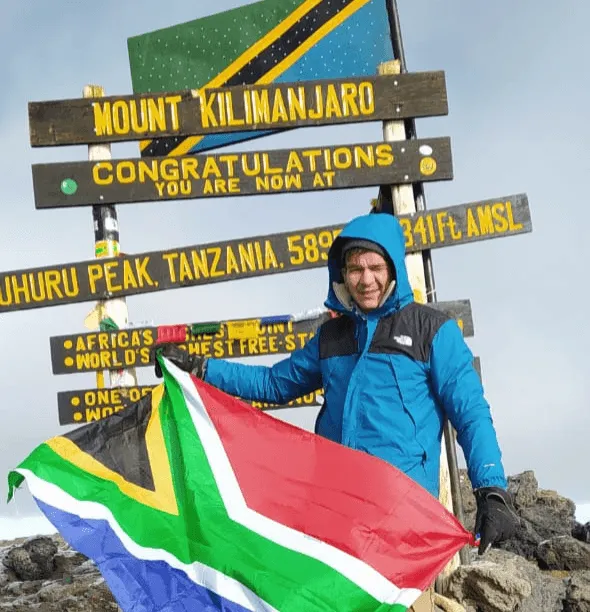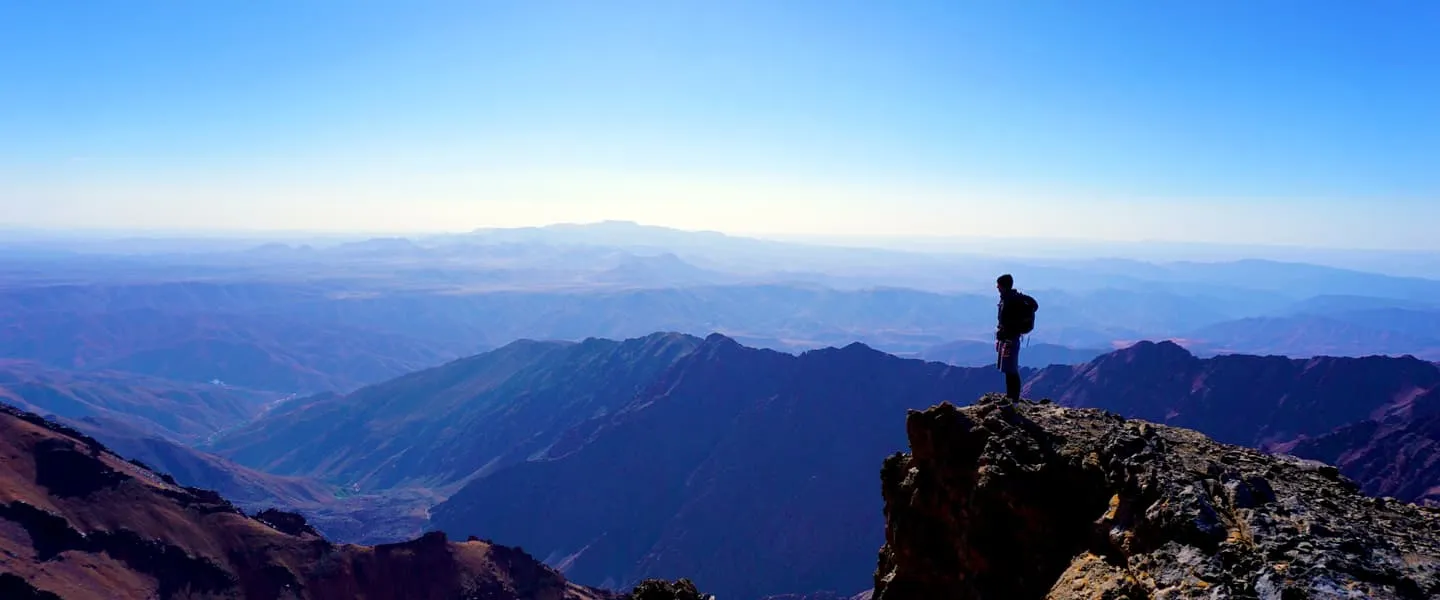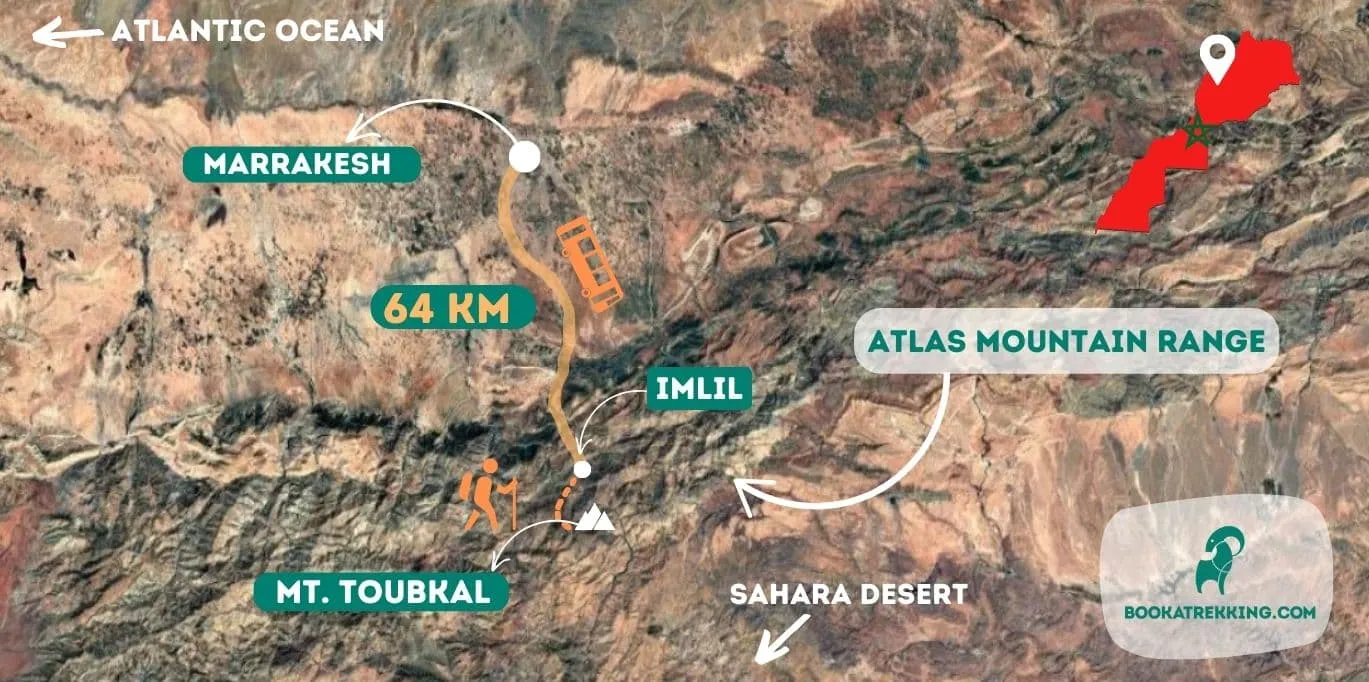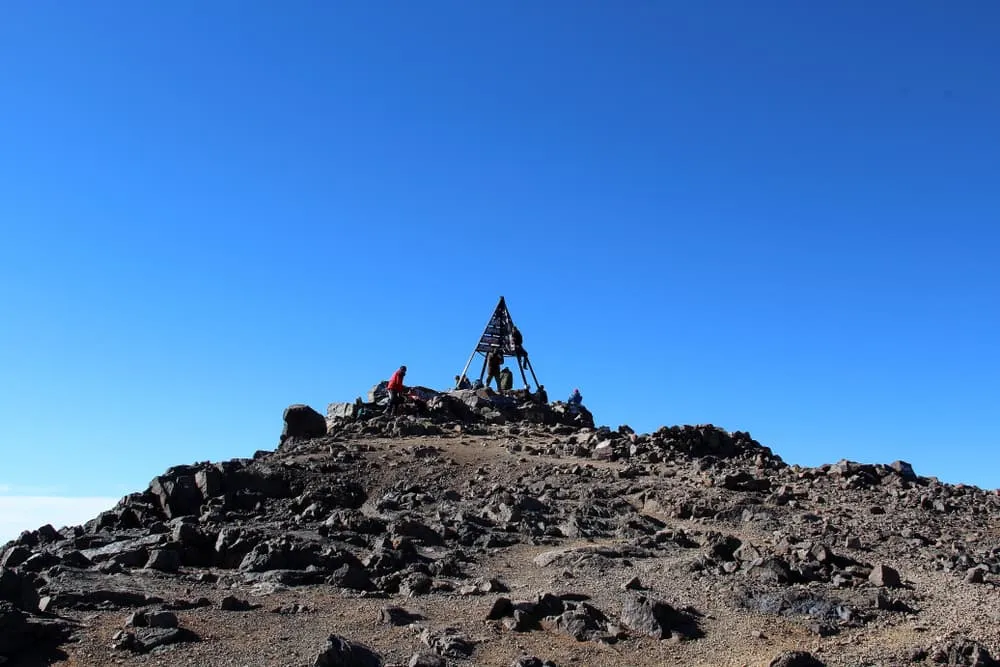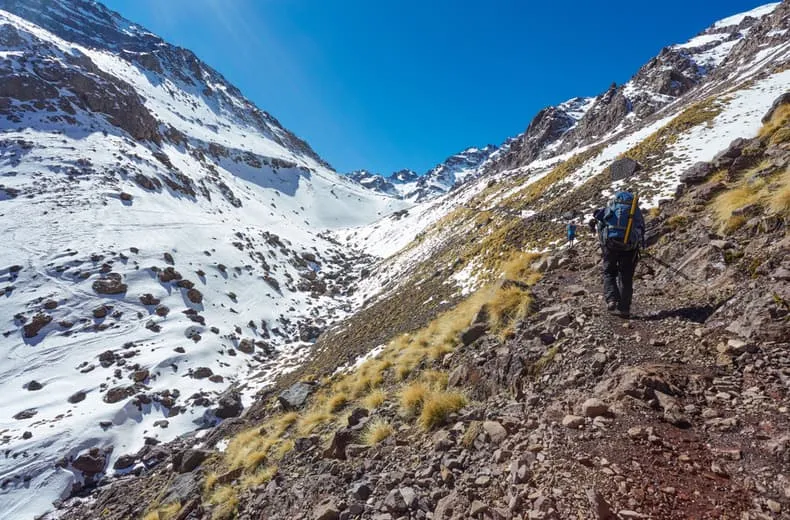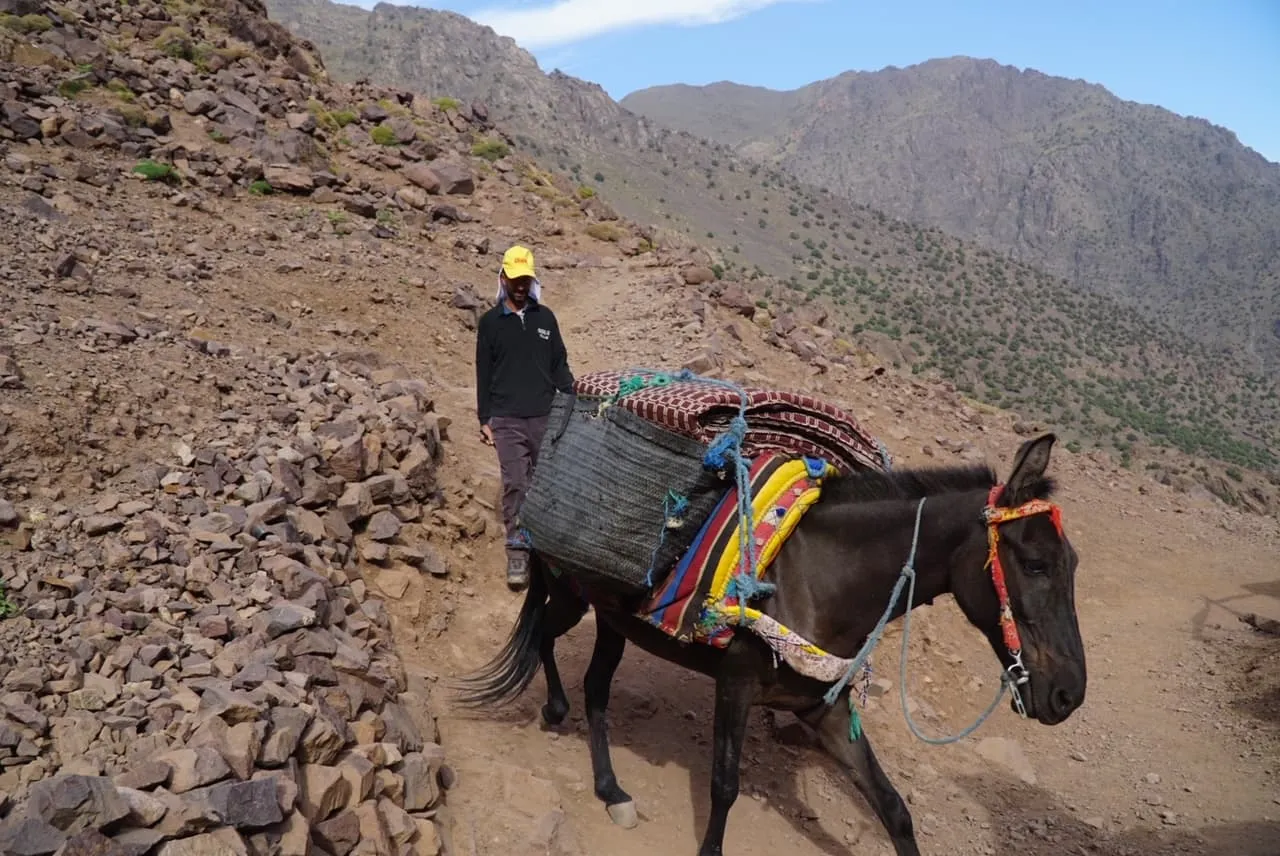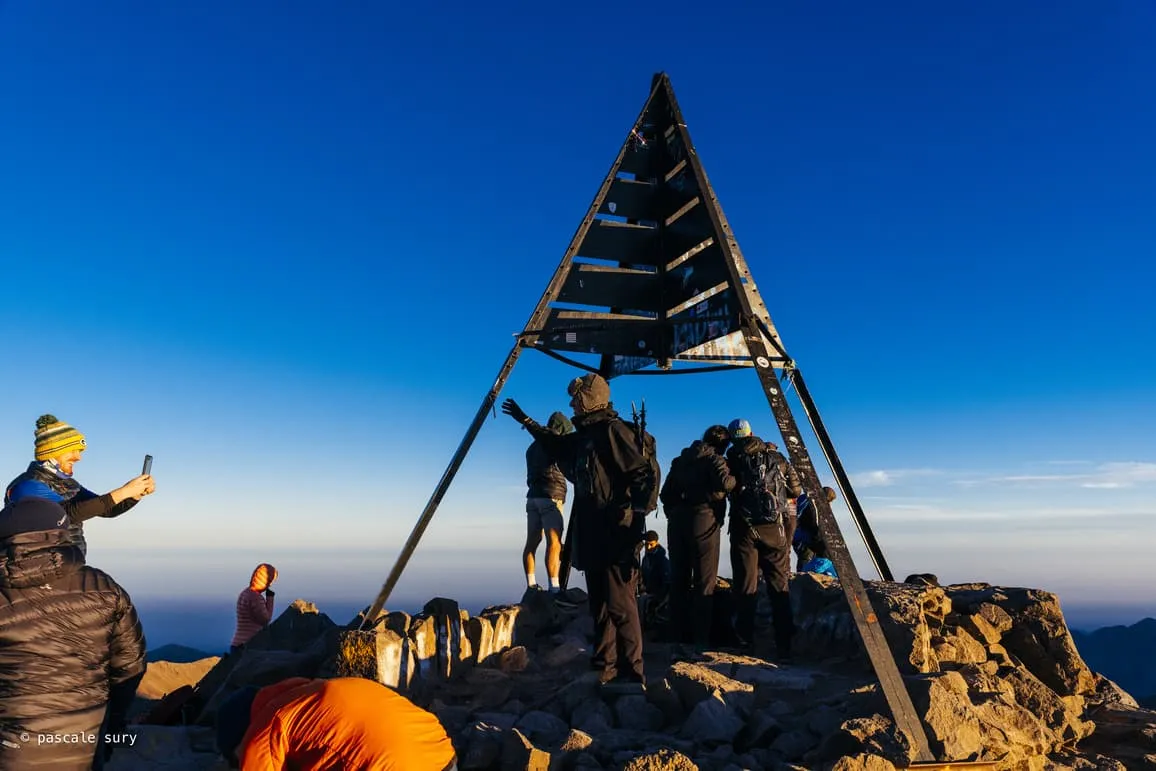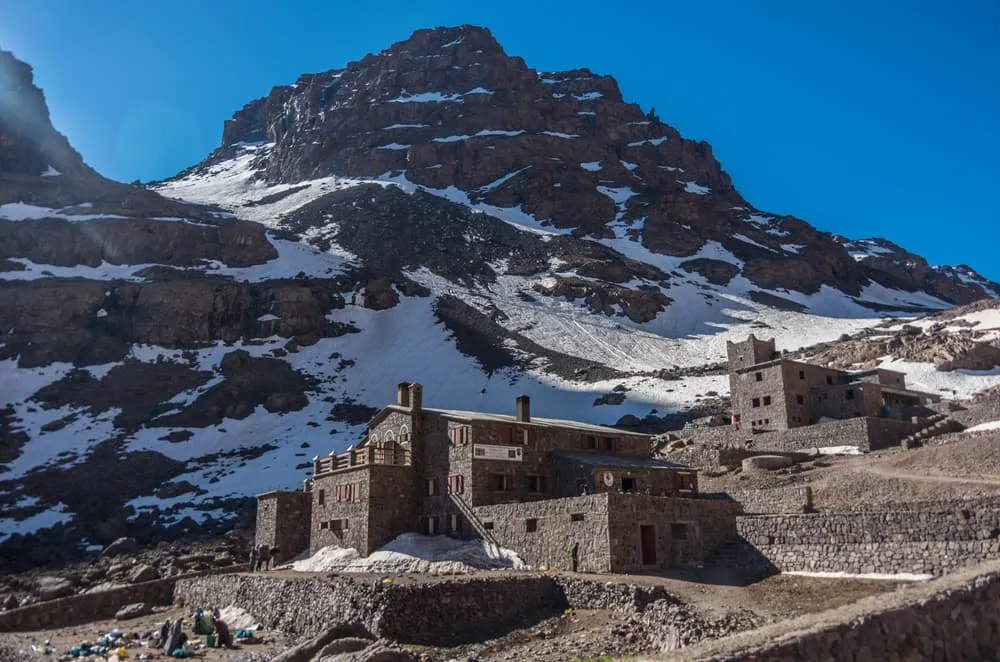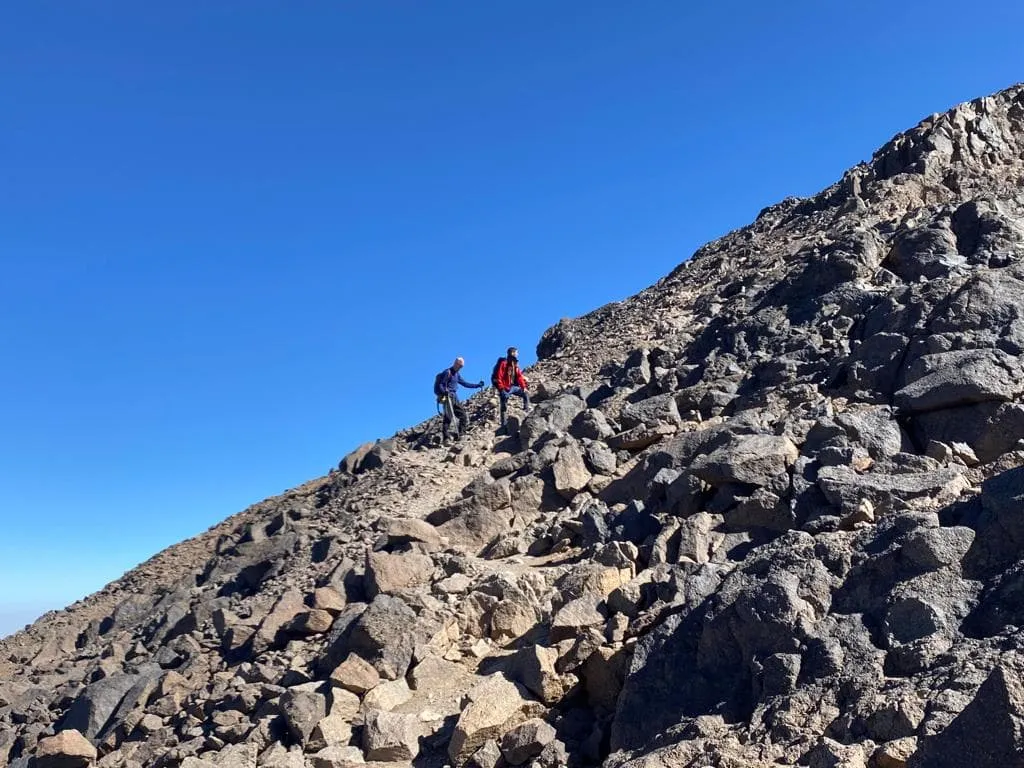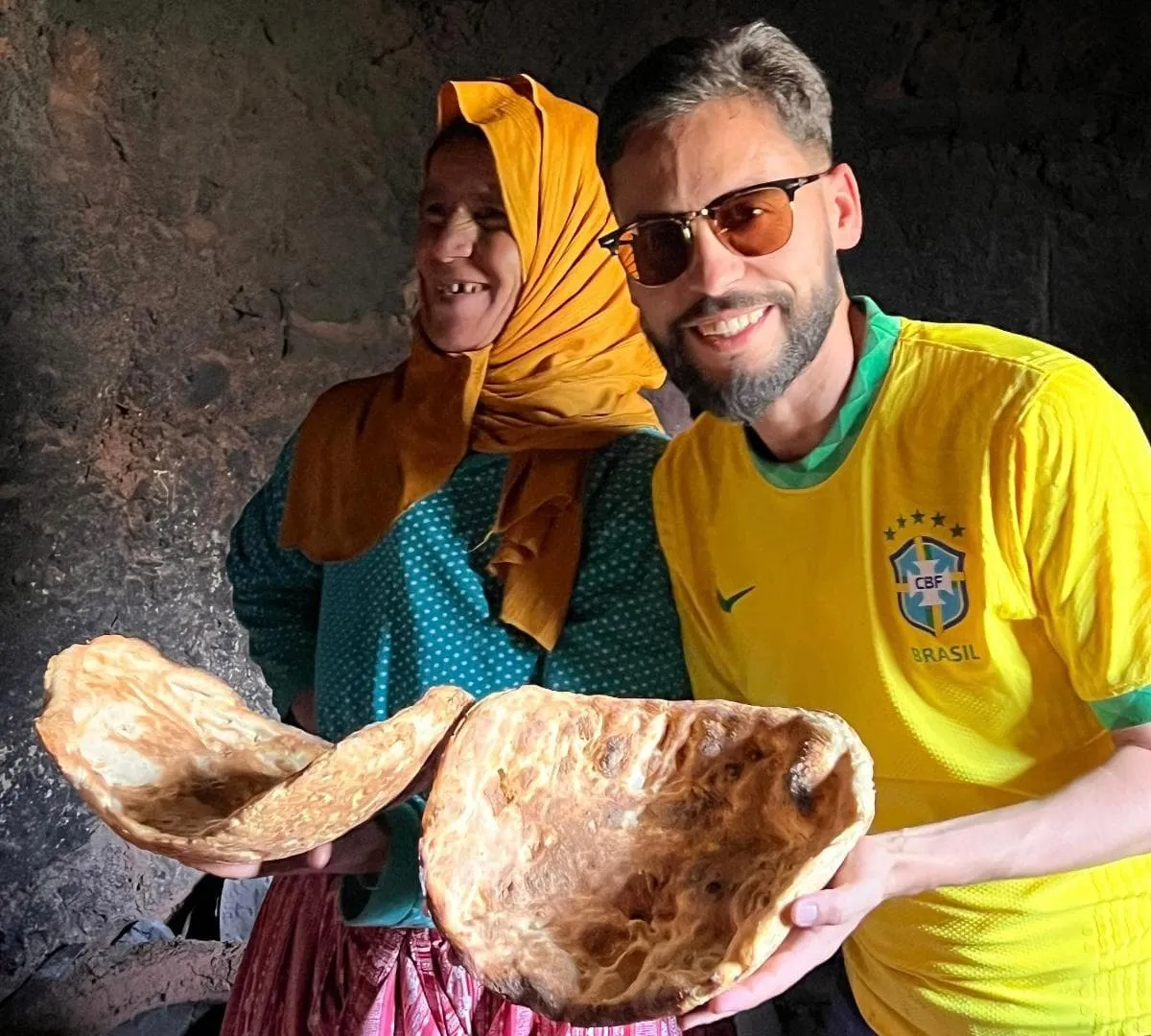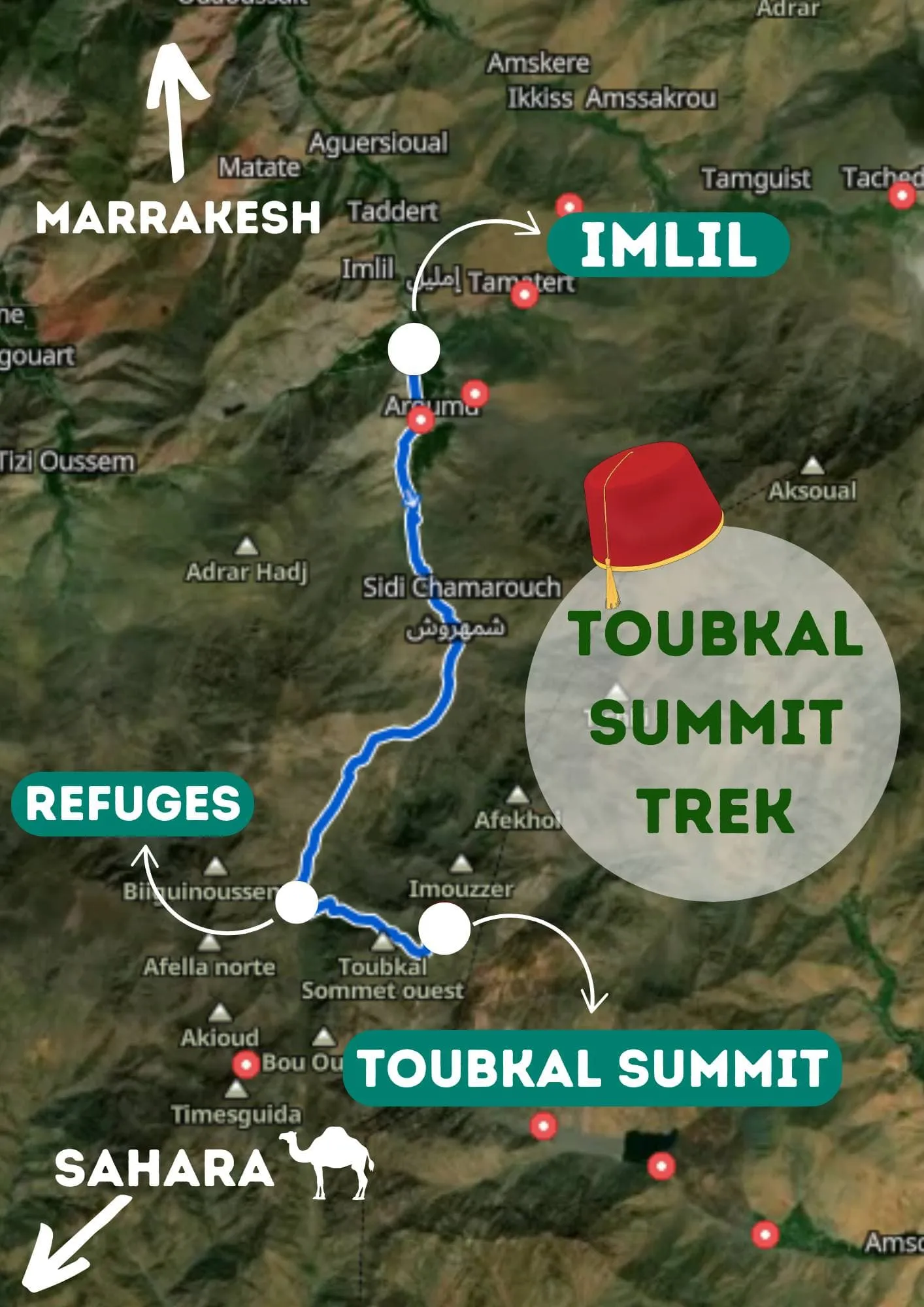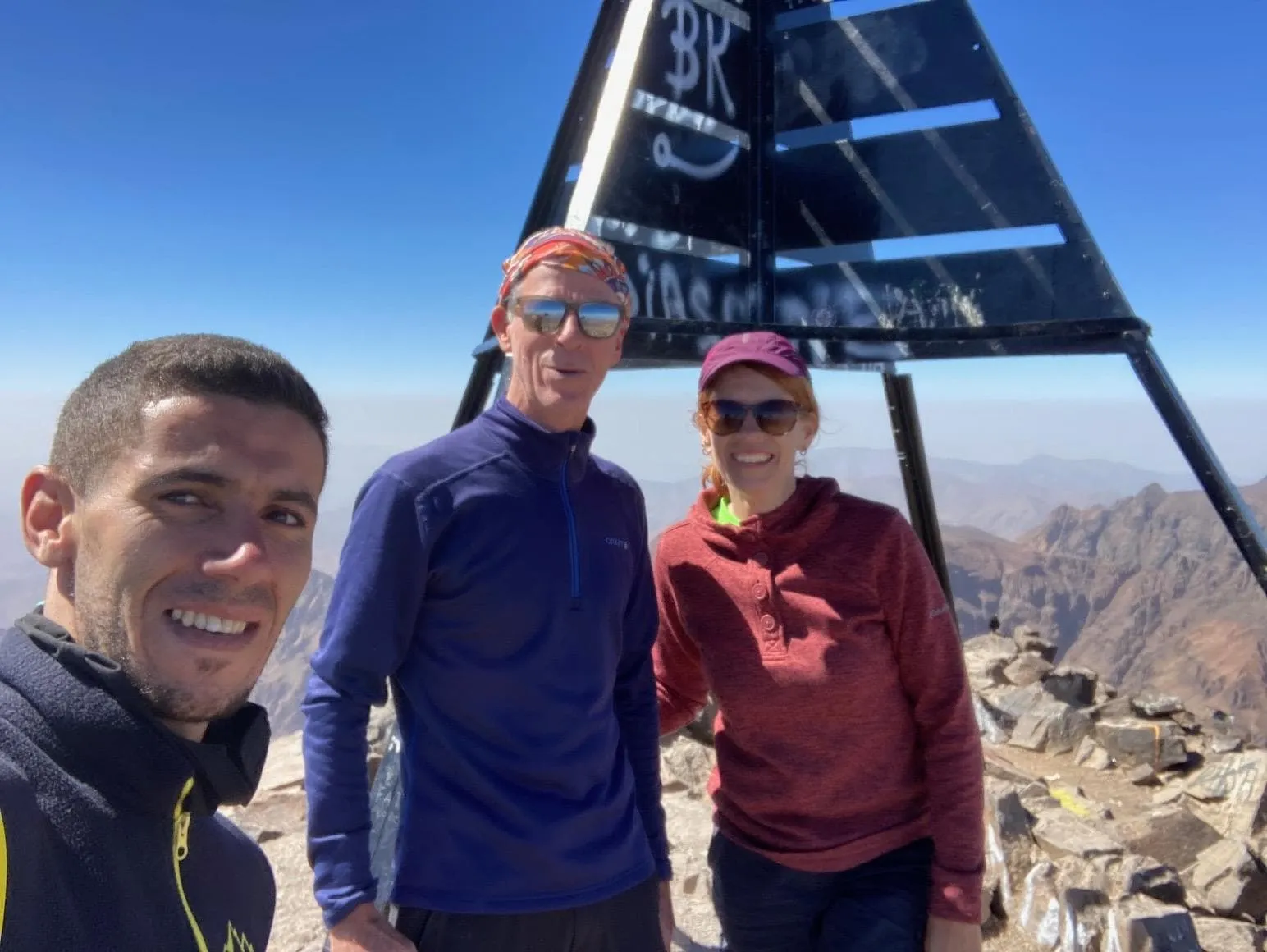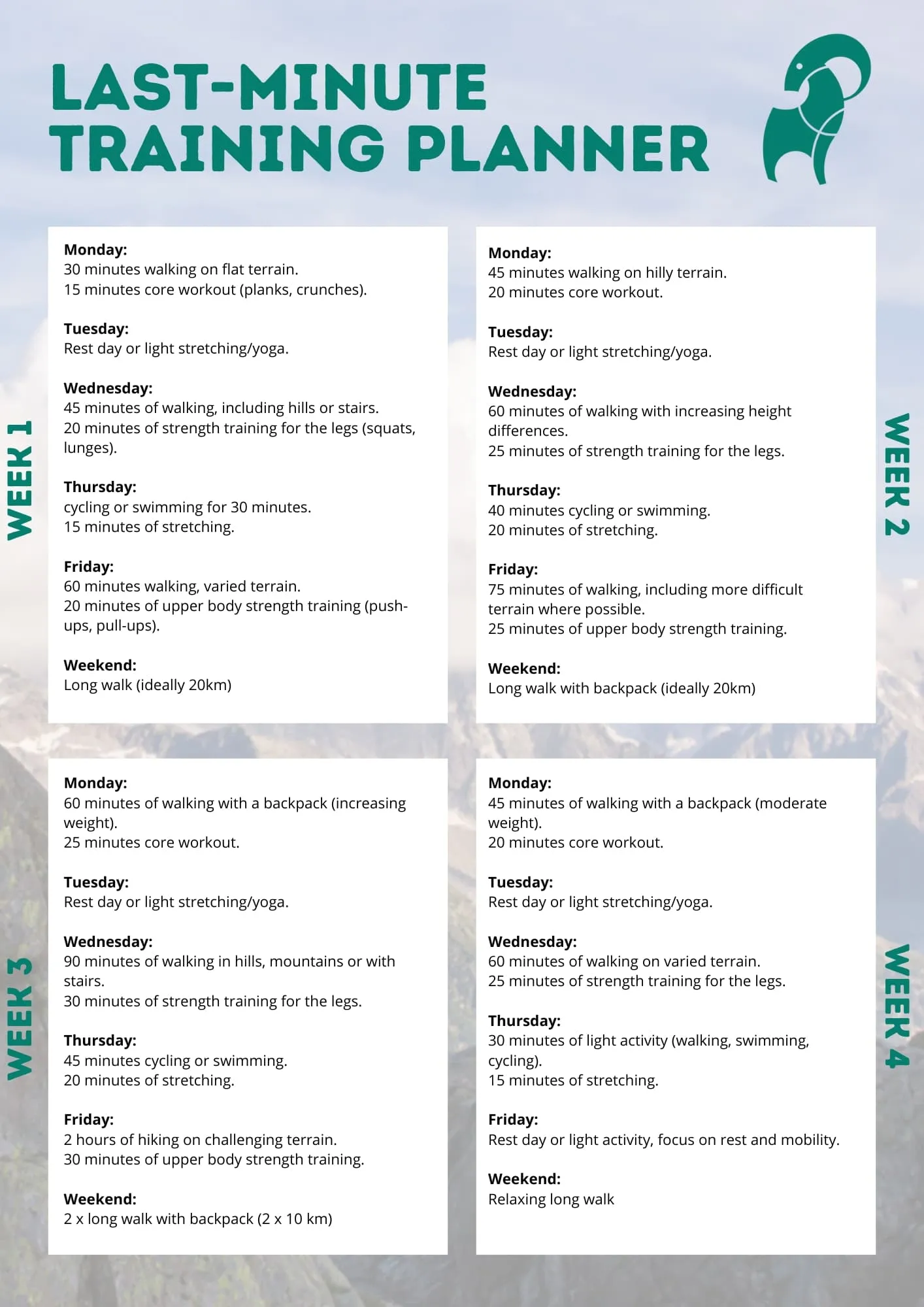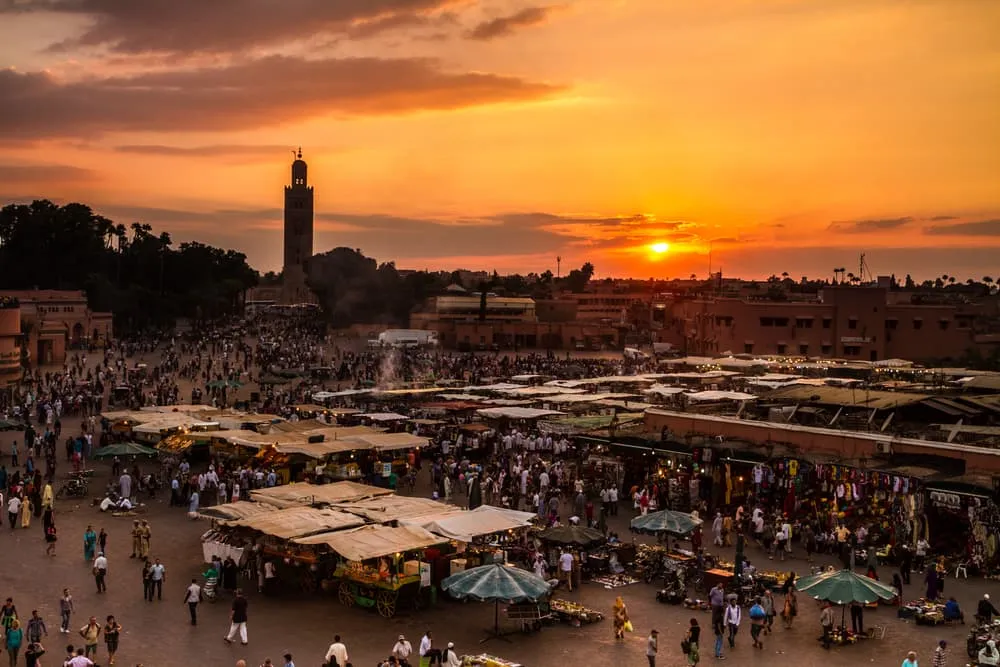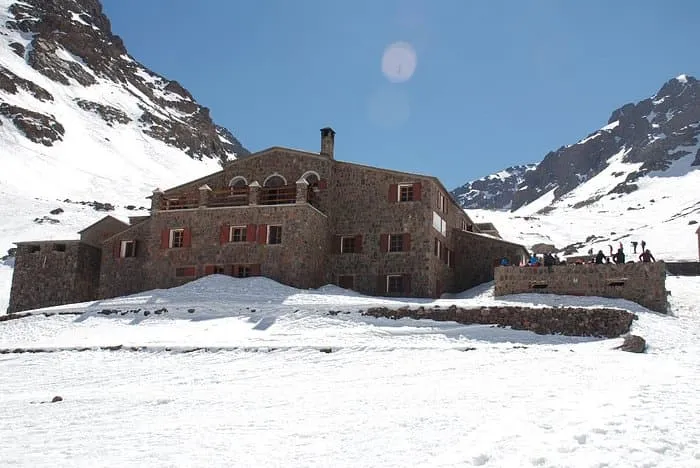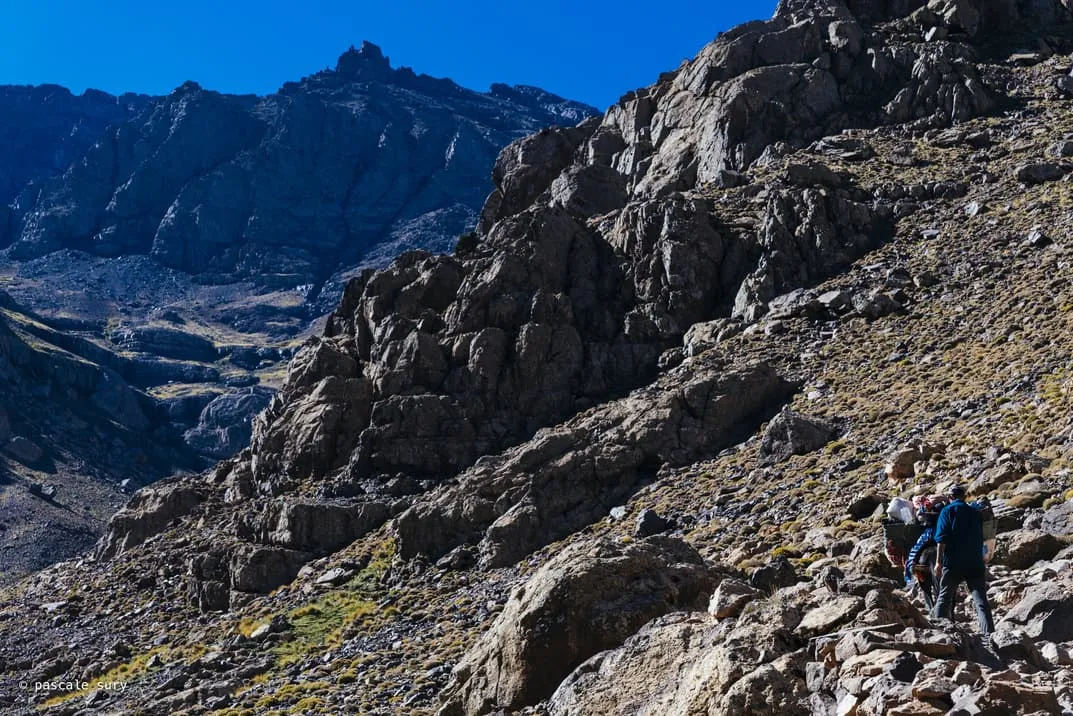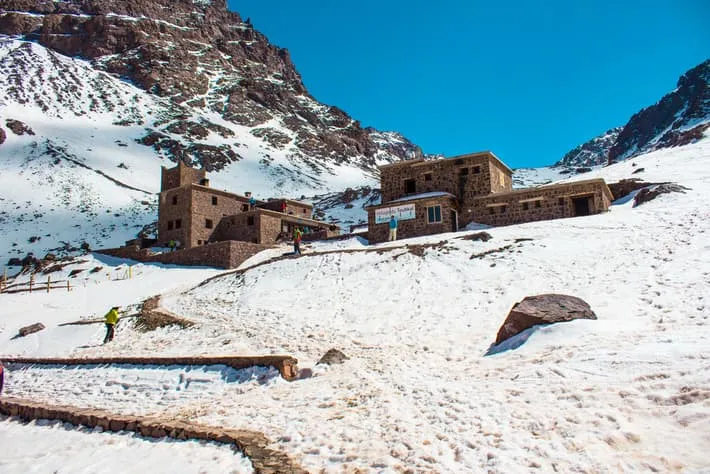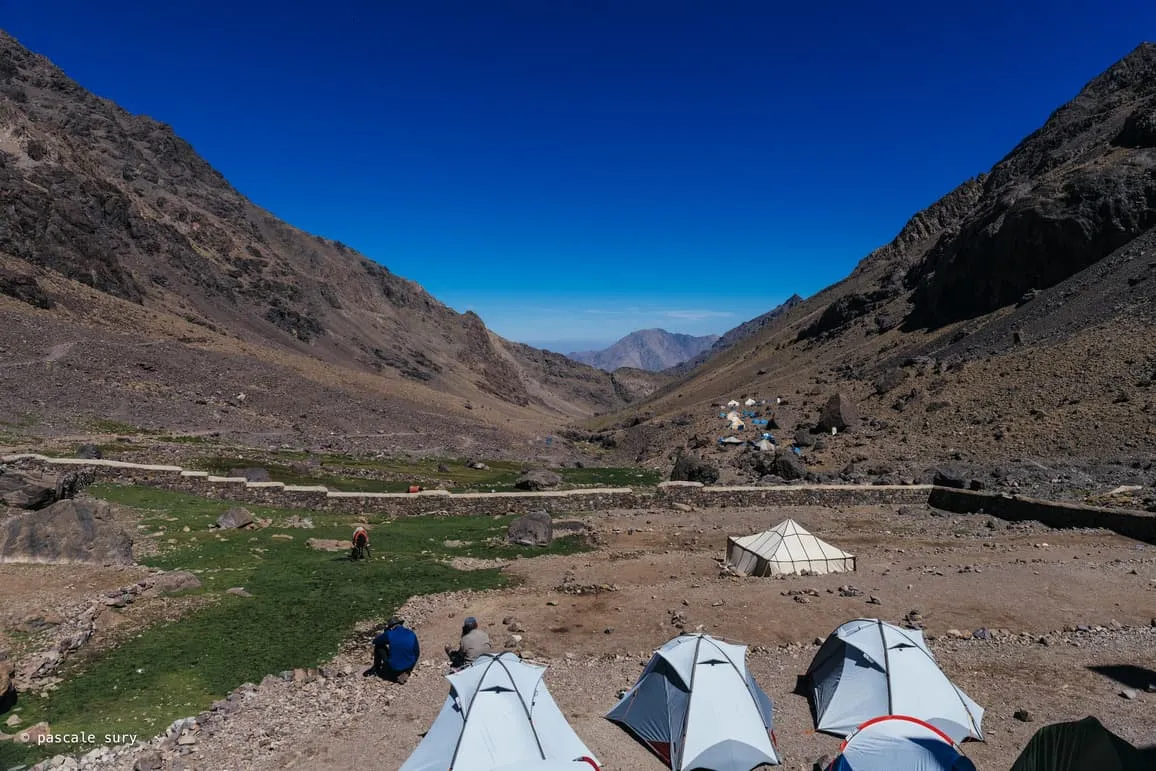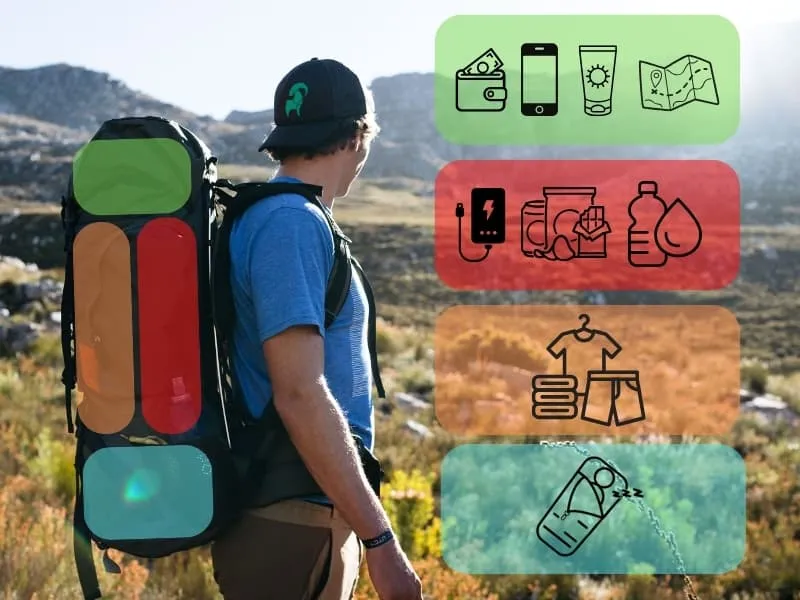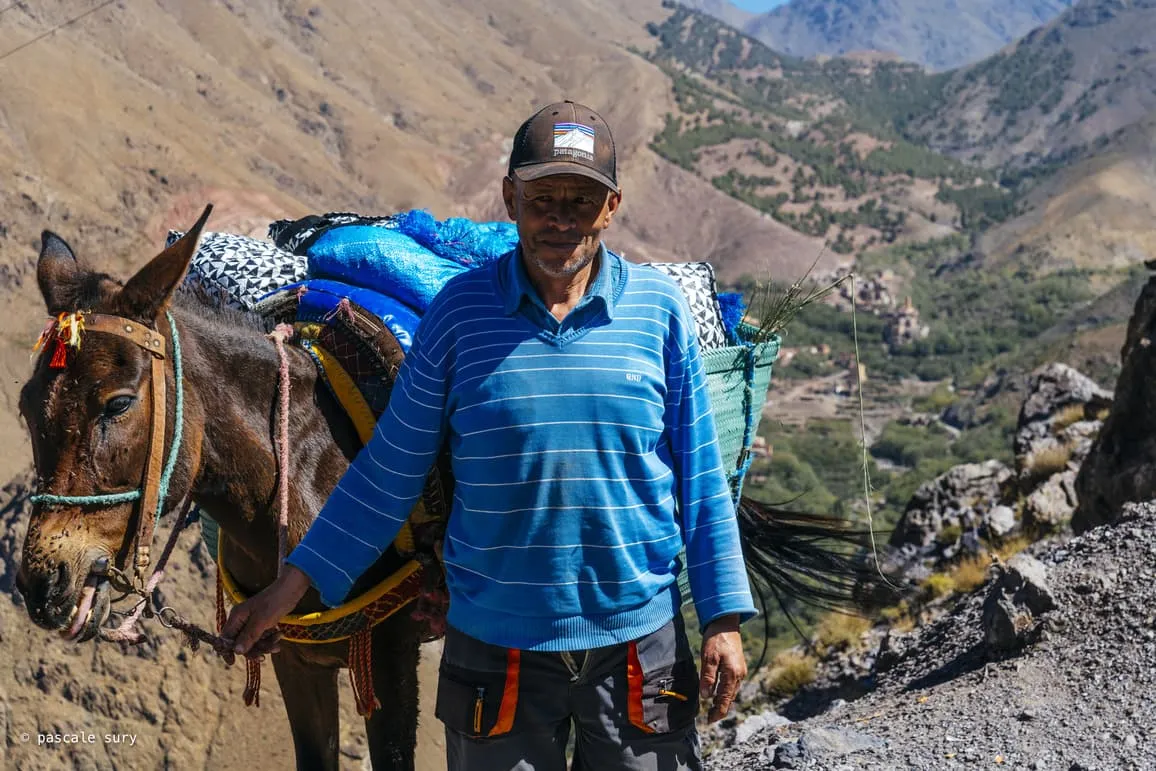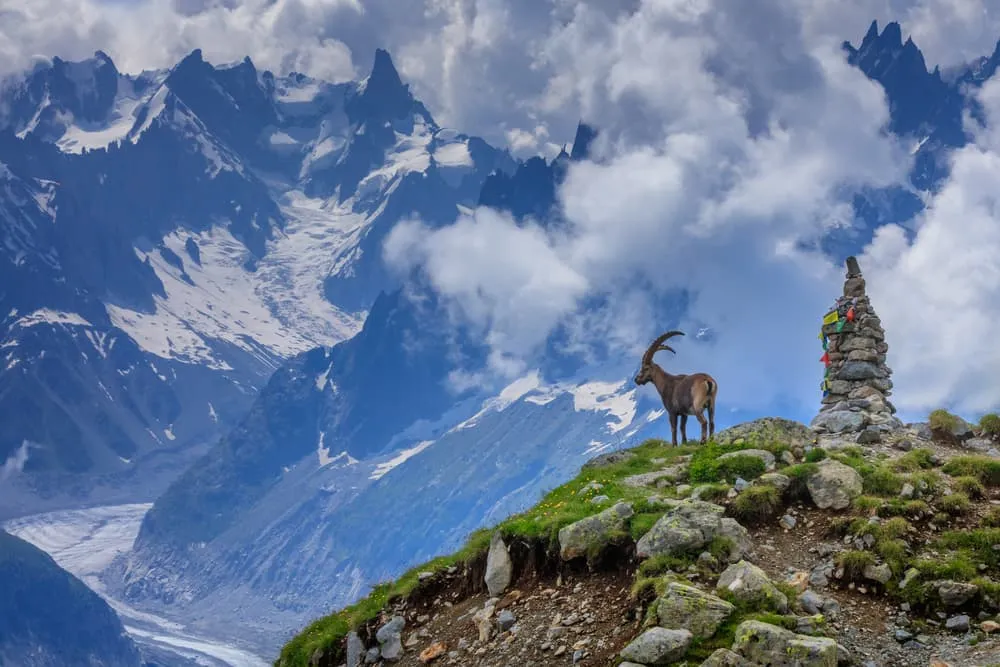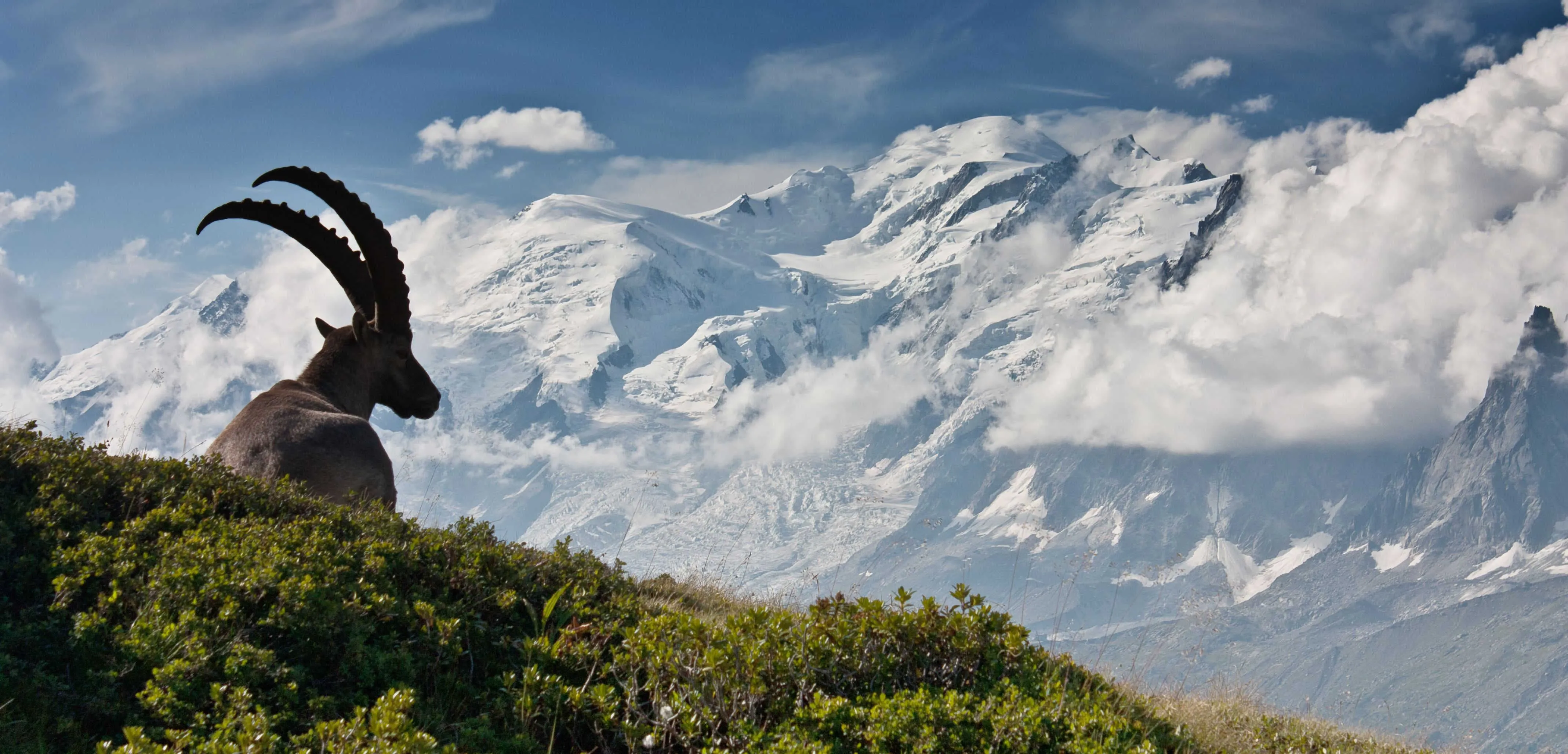Climbing Mount Toubkal is a tough but rewarding trek through Morocco's Atlas Mountains. During this climb, you will pass through valleys, Berber villages, juniper forests, and rivers until you reach the summit at a height of 4,167 meters (13,671 feet). In addition to a considerable physical challenge, this trek offers a mix of cultural encounters with Berber communities, overnight stays in refuges and, on a clear day, views that reach as far as the Sahara.
At Bookatrekking.com, we make sure that everything goes according to plan when you climb the Toubkal. Our team will take care of everything you need, from route planning and navigation to arranging your accommodation. All you have to do is get to the summit one step at a time, we'll take care of the rest.



